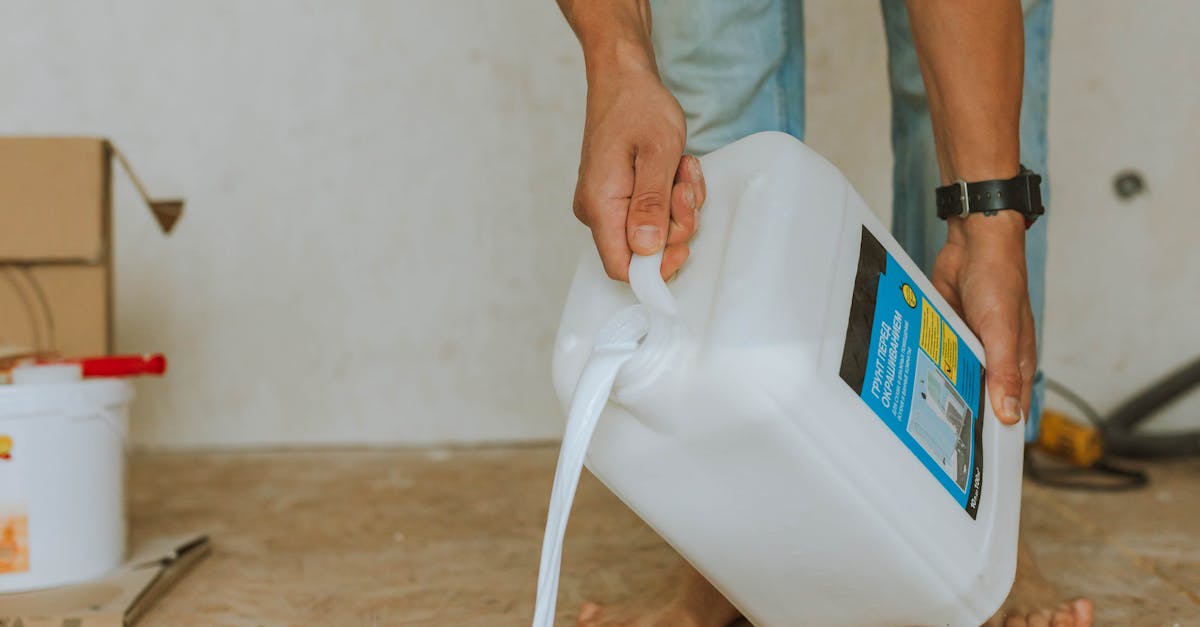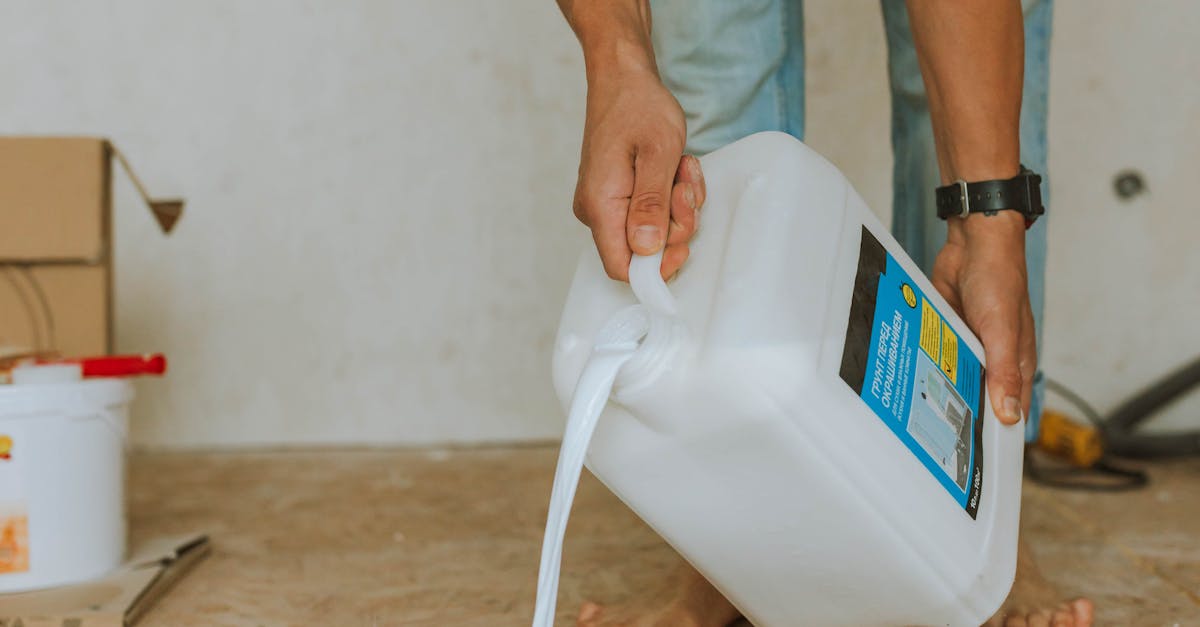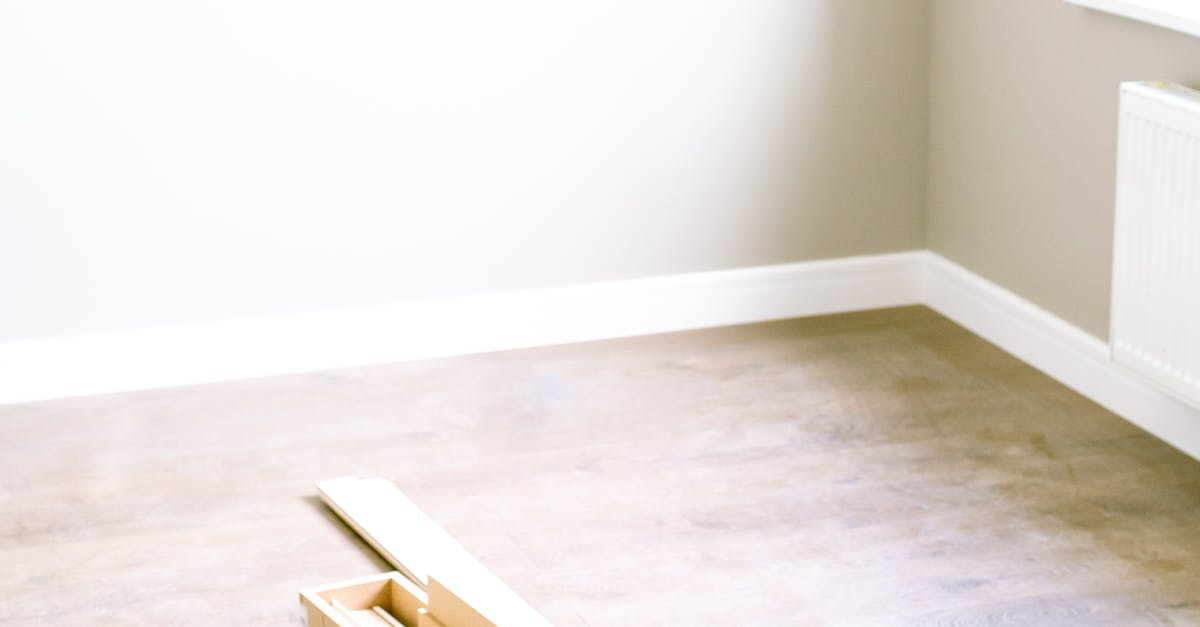
Additional Costs to Consider
When planning for vinyl floor installation, it's essential to account for various additional costs that may arise beyond the initial material and labor expenses. These can include the removal of any existing flooring, which often requires professional help to ensure proper disposal and avoid damage to underlying subfloors. Furthermore, depending on the condition of the subfloor, repairs may be necessary to create a suitable foundation for the new vinyl flooring. Skipping these critical steps can lead to long-term issues that ultimately affect both performance and appearance.
Another cost component often overlooked is the selection of underlayment. This is particularly important for vinyl floor installation, as underlayment serves to provide sound insulation and moisture protection, significantly enhancing the quality of the flooring. Additionally, if you opt for specialized underlayment materials, this can increase your overall expenses. Budgeting for a variety of potential added costs ensures a smoother installation process and contributes to the overall success and durability of your new flooring.
Preparation and Underlayment Expenses
When planning for vinyl floor installation, preparation and underlayment expenses play a crucial role in the overall cost. Proper surface preparation is essential for achieving a smooth and durable flooring result. This may involve steps such as removing existing flooring, repairing any subfloor damage, or leveling the surface. Each of these tasks requires time and resources, contributing to additional costs that homeowners should factor into their budget.
Underlayment, which is often necessary for vinyl floor installation, serves to provide cushioning and sound insulation while also helping to prevent moisture issues. The type of underlayment chosen can vary, with options ranging from basic foam to specialized vapor barriers. It's important to select the right underlayment to match the specific needs of the installation site, as this can affect the longevity and performance of the vinyl flooring. Investing in quality preparation and underlayment will ultimately enhance the overall value of the flooring project.
Comparing Quotes from Installers
When planning for Vinyl Floor Installation, comparing quotes from different installers is essential for ensuring you receive a fair price and quality service. Each installer may offer varying rates based on their experience, overhead costs, and the complexity of the job. It’s advisable to gather multiple estimates, which can help pinpoint an average cost for the installation in your area. This process not only highlights cost differences but also allows you to assess the value offered by each contractor.
While reviewing quotes, pay attention to what is included in the price. Some installers may include additional services such as removal of old flooring, disposal fees, and clean-up in their estimates, while others might list these as separate charges. This breakdown can significantly affect the overall cost of your Vinyl Floor Installation. Understanding the details of each quote will assist in making a more informed decision about which installer best meets your needs and budget.
What to Look for in Estimates
When reviewing estimates for vinyl floor installation, pay close attention to the breakdown of costs. A comprehensive estimate should include labor, materials, and any additional charges such as preparation and disposal fees. Ensure that the quantity and quality of materials are specified, as high-quality vinyl can significantly affect the overall cost and longevity of the floor. Look for transparency in the pricing structure to avoid unexpected expenses later on.
Another critical aspect of the estimates is the timeline outlined for the project. A clear schedule helps set expectations for completion and can indicate the installer’s professionalism. Check for details regarding the preparation work involved before the vinyl floor installation begins. This preparation may involve leveling the subfloor or removing old flooring, which can impact both the timeline and the final cost. Understanding these elements aids in making an informed decision about the best contractor for your needs.
Importance of Hiring Licensed Installers
Hiring licensed installers for vinyl floor installation offers several advantages. These professionals typically have the necessary training and experience to ensure the job is done correctly. They understand the specific requirements for different flooring types and can navigate challenges that may arise during the installation process. Their expertise often leads to a smoother installation, which can result in better durability and a more polished appearance.
Another important factor is that licensed installers generally adhere to local building codes and regulations. This compliance minimizes the risk of future issues, such as problems with warranties or insurance claims. Opting for licensed professionals can provide peace of mind, knowing that the labor involved meets industry standards. Investing in qualified installers is a step toward enhancing the overall quality of your vinyl floor installation.
Benefits of Professional Experience
Hiring licensed installers for vinyl floor installation ensures that the job is completed to a high standard. Professionals bring years of experience and specialized training that allow them to handle various challenges effectively. They are familiar with the nuances of different flooring materials and installation techniques. This expertise minimizes the risk of mistakes that could lead to costly repairs or replacements down the line, thus protecting your investment.
In addition to technical skills, professional installers often have access to high-quality tools and materials. Their familiarity with industry standards means they can recommend the best options for your specific project. Working with experienced professionals can also save you time during the installation process, allowing you to enjoy your new floors sooner. With their knowledge and efficiency, you can have peace of mind that your vinyl floor installation will be handled correctly from start to finish.
FAQS
What is the average labor cost for installing vinyl flooring?
The average labor cost for installing vinyl flooring typically ranges from $1 to $3 per square foot, depending on factors such as the complexity of the job and the location.
Are there additional costs involved in installing vinyl flooring?
Yes, additional costs can include preparation and underlayment expenses, as well as potential charges for removing old flooring or making necessary repairs to the subfloor.
How can I compare quotes from different installers?
To compare quotes, request detailed estimates from multiple installers, ensuring they include all costs related to materials, labor, and any additional services. Look for transparency in pricing and ask about potential hidden fees.
Why is it important to hire licensed installers for vinyl flooring?
Hiring licensed installers ensures that the work is completed to industry standards, minimizes the risk of errors, and may provide you with additional protections under warranty or insurance coverage.
What benefits come from hiring professional installers instead of doing it myself?
Professional installers bring experience and expertise, which can lead to a higher quality installation, faster completion times, and peace of mind knowing the job is done correctly.

